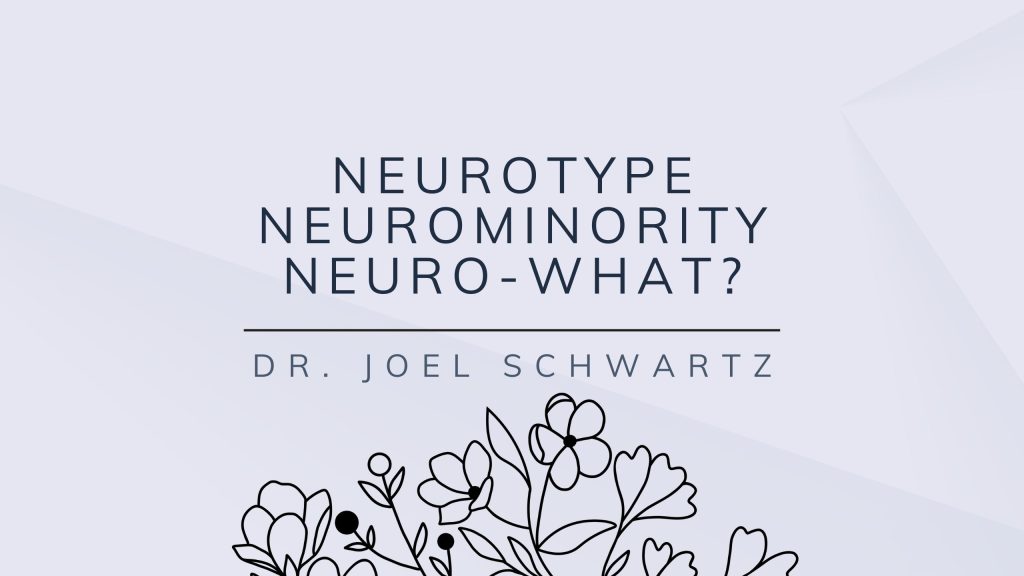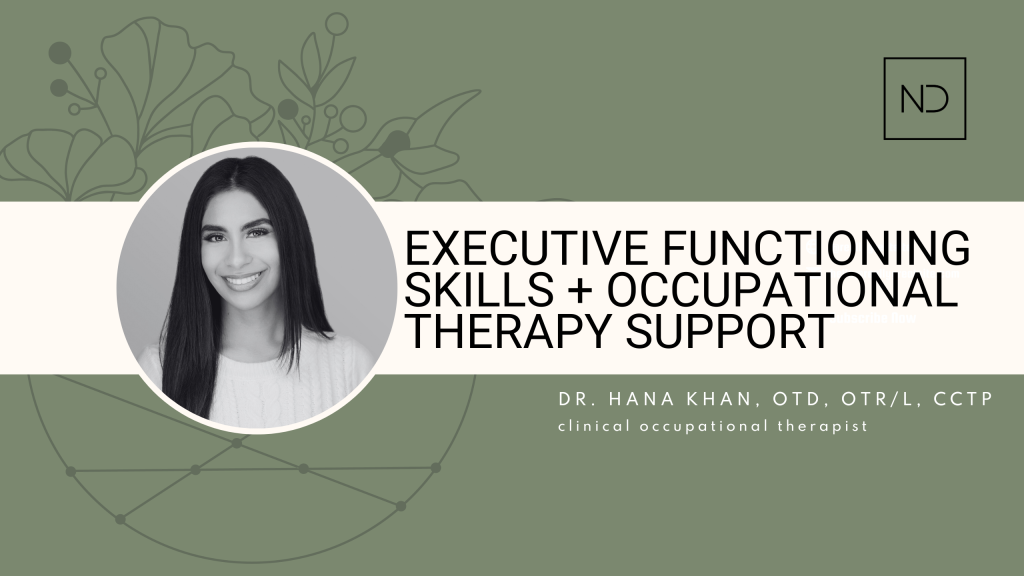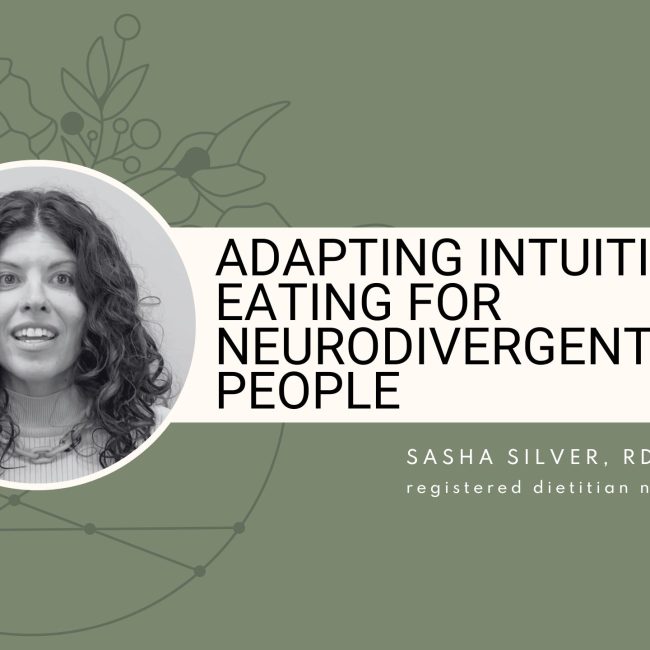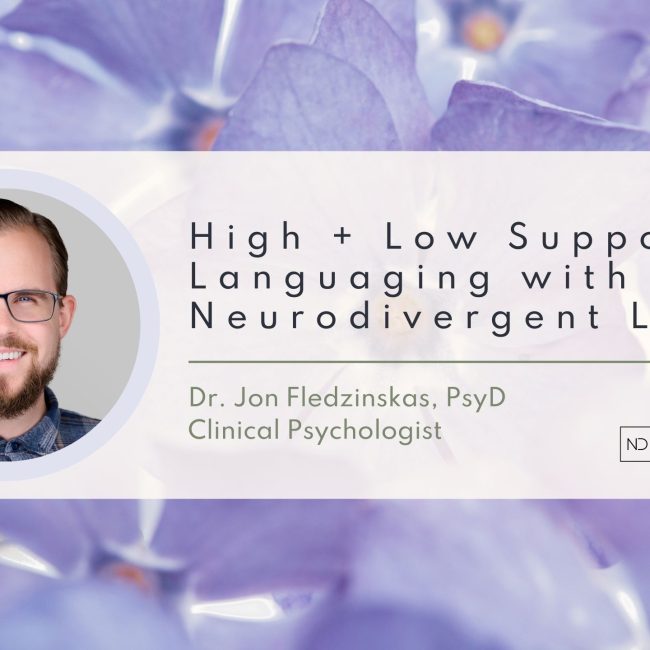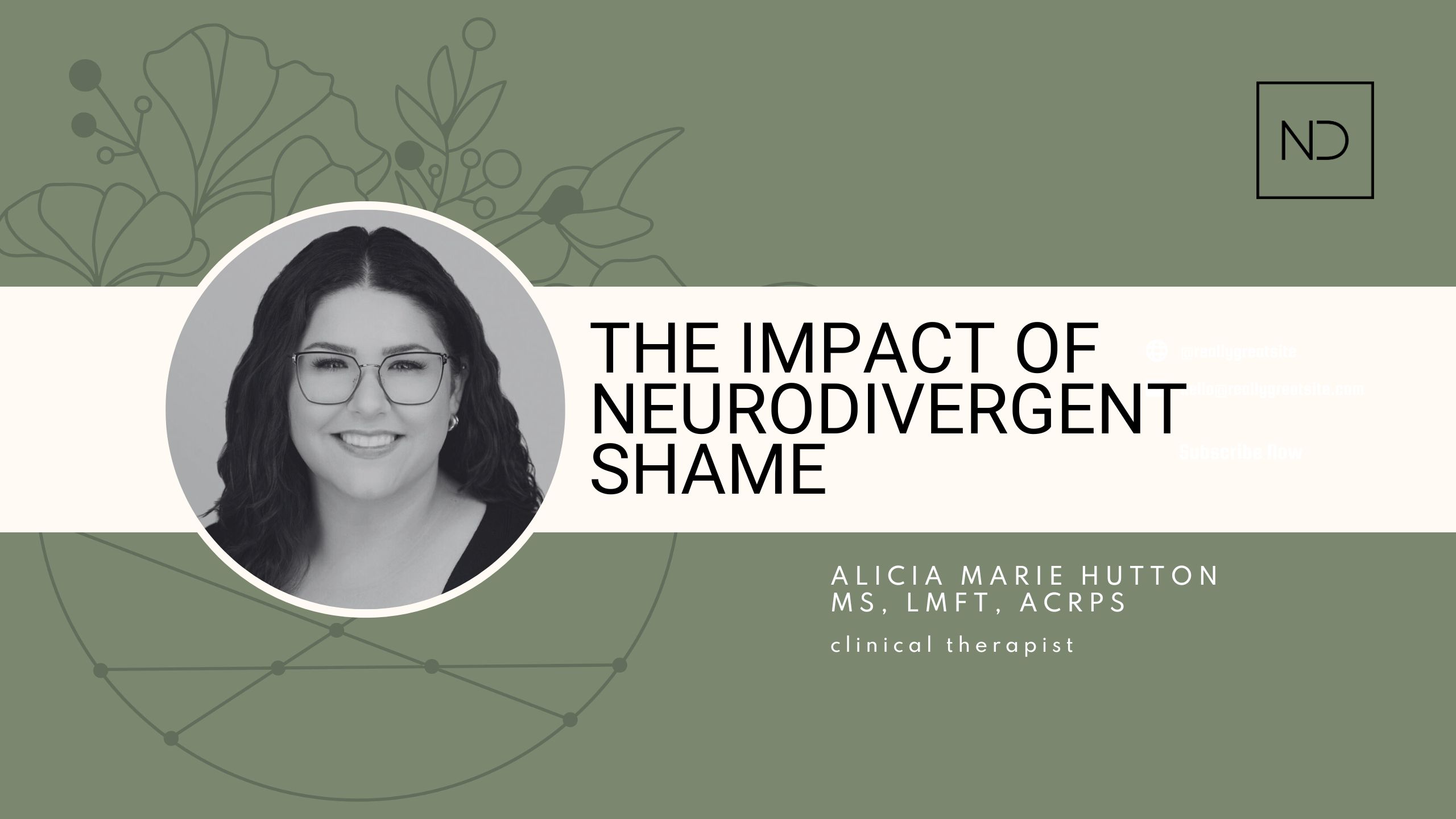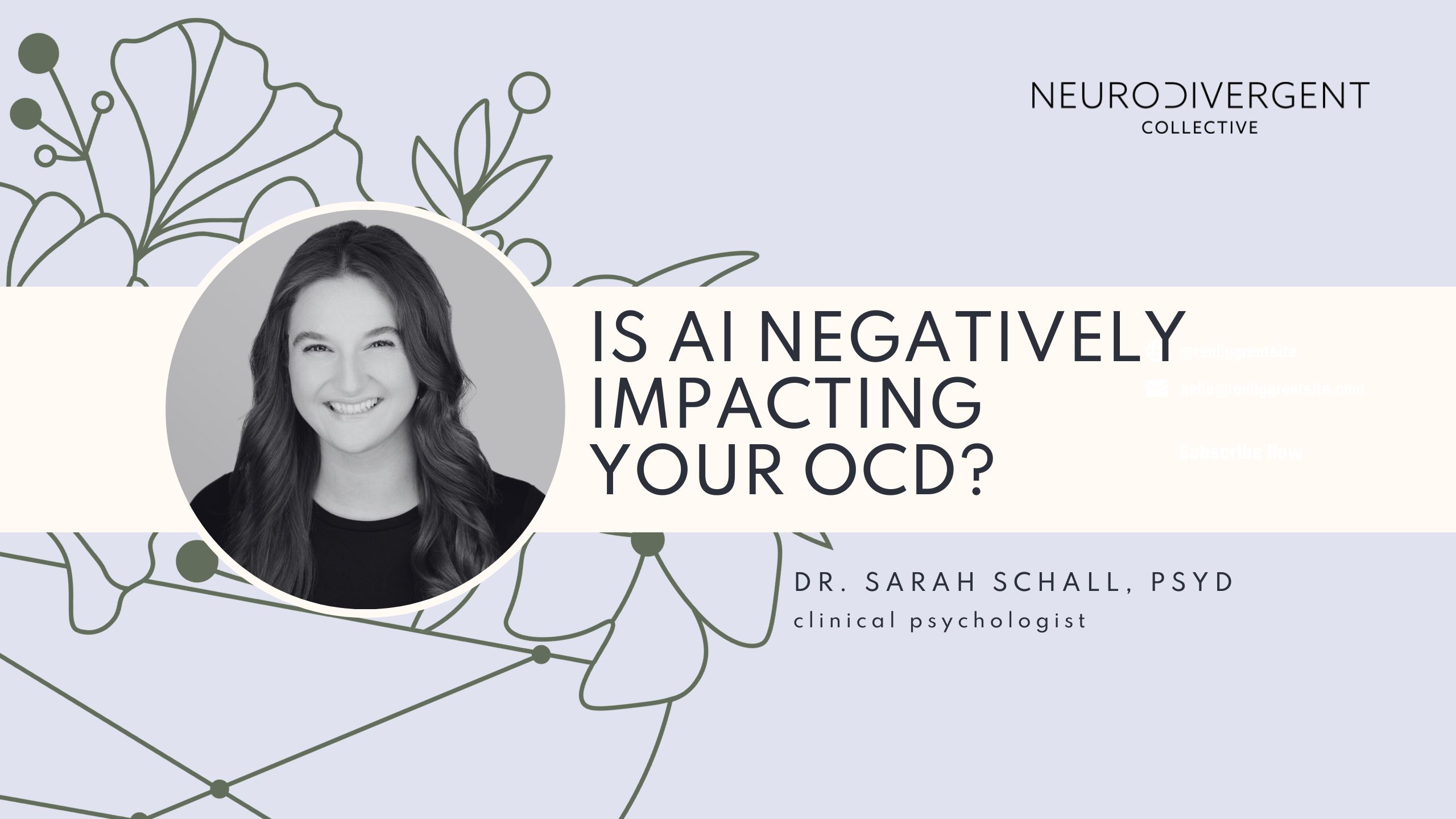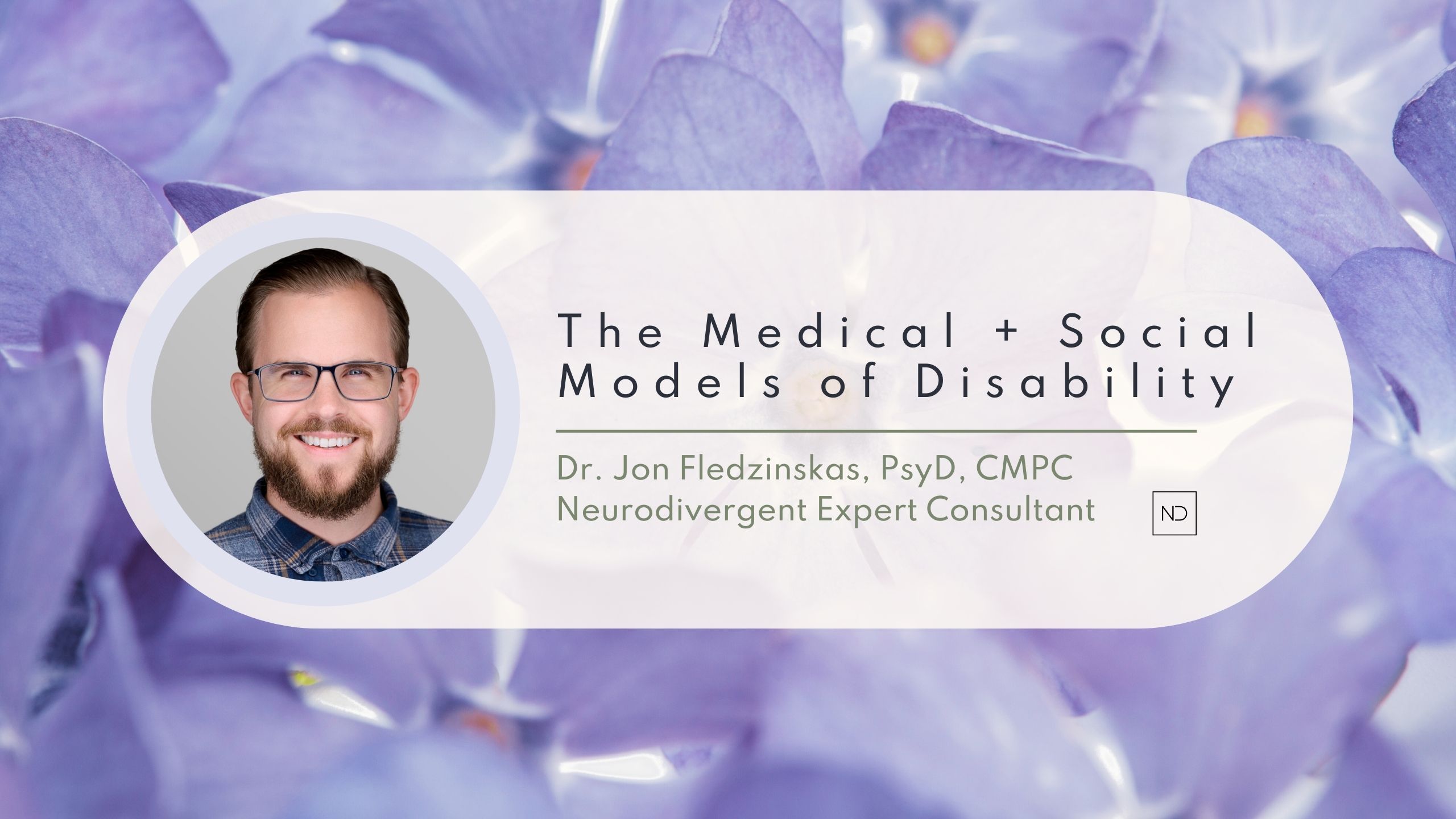
The Medical + Social Models of Disability
Progressing Toward an Affirming Framework for Neurodivergent Clients
Written By: Dr. Jon Fledzinskas, PsyD, CMPC
The Medical and Social Models of Disability
Models of disability provide us a framework for understanding why someone may be struggling or have challenges they’ve sought support for. The medical model of disability is the most widely used model in the United States for conceptualizing and understanding mental health disorders. The medical model states that the disorder / issue / problem lies within the individual, and they must be treated to be restored to normalcy or what is deemed to be healthy. While this model is excellent in diagnosing and treating the plethora of physical health conditions us humans can experience throughout our lifetime, it does a disservice to many folks seeking mental health support.
The social model of disability conceptualizes problems stemming from a lack of societal, social, and/or structural support, rather than something an individual must fix about themselves to be “normal.” For example, someone who is unable to walk and must gain access to the second story of a building without an elevator is disabled and cannot reach it. With the advent of the elevator, their disability is accommodated and they are now just as able as others to access the second story and go about their day. The social model helps us focus on what systems we can change to better accommodate those with disabilities instead of tasking them with “fixing” themselves to appear normal.
Linked Resource: Disability Nottinghamshire
Psychology’s DSM Uses the Medical Model
The Diagnostic and Statistical Manual of Mental Disorders (DSM) 5-TR currently utilizes the medical model when assessing for psychopathology. All mental health disorders are posited to originate within the individual, who are then given a set of different treatment modalities to eliminate symptoms they have been diagnosed with. While this way of thinking can be affirming for people that believe something is wrong with them or are suffering tremendously from these denoted symptoms, many neurodivergent people find this way of thinking about their neurotype to be invalidating and potentially harmful. Treatment approaches that focus solely on reducing behaviors and changing the ways in which Autistic and ADHD people communicate and take up space are rooted in ableist belief systems. Referring back to the social model, this is an example of how attitudes and a lack of environmental supports make neurodivergent stereotypes the dominant discourse in our current society, as their way of thinking, feeling, and acting has not been normalized nor recognized as an innate, healthy quality as opposed to some form of psychopathology.
Disorder vs Disability Labels
An affirming approach in psychological support for neurodivergent people involves recognizing their neurotype as a disability based on context and the many barriers the social model of disability identifies. All staff and team members at The Neurodivergent Collective recognize that Autism and ADHD are not disorders, yet they must utilize the current DSM-5-TR for medical documentation and treatment justification. While Autism and ADHD do not need to be “treated,” they can be acknowledged as naturally occurring neurotypes that are a part of the large spectrum of neurodiversity we are continuing to understand. Treatment modalities that are affirming of neurodivergent folks typically will focus on how ableism impacts their sense of self and those around them, how their sensory needs must be recognized and accommodated, what interests they have that provide a healthy sense of agency and energy, how their executive function challenges can be supported in a variety of settings, and which ways they prefer to communicate and connect that are healthy and work for them.
Aims of The Neurodivergent Collective for Helping Clients:
Many of the staff at The Neurodivergent Collective are self- and professionally-identified ADHD and Autistics. We seek to inform our practice of therapy and other related modalities from the voices of other neurodivergent scholars and practitioners who have continued to disseminate affirming, anti-ableist philosophies. We should all recognize that unlearning ableism is an ongoing process that happens slowly over time; ableist messages surround us all daily no matter what context we navigate. The Neurodivergent Collective is aiming to empower clients to access support systems that actually work, while combatting stigma and ableist beliefs that either presume competence or invalidate the abilities of neurodivergent people everywhere. The neurodiversity paradigm and approaches to supporting our clients continues to evolve – we will be diligent in our pursuit of what truth is useful for Autistic and ADHD people.
Do you have a question?
Send us a message


